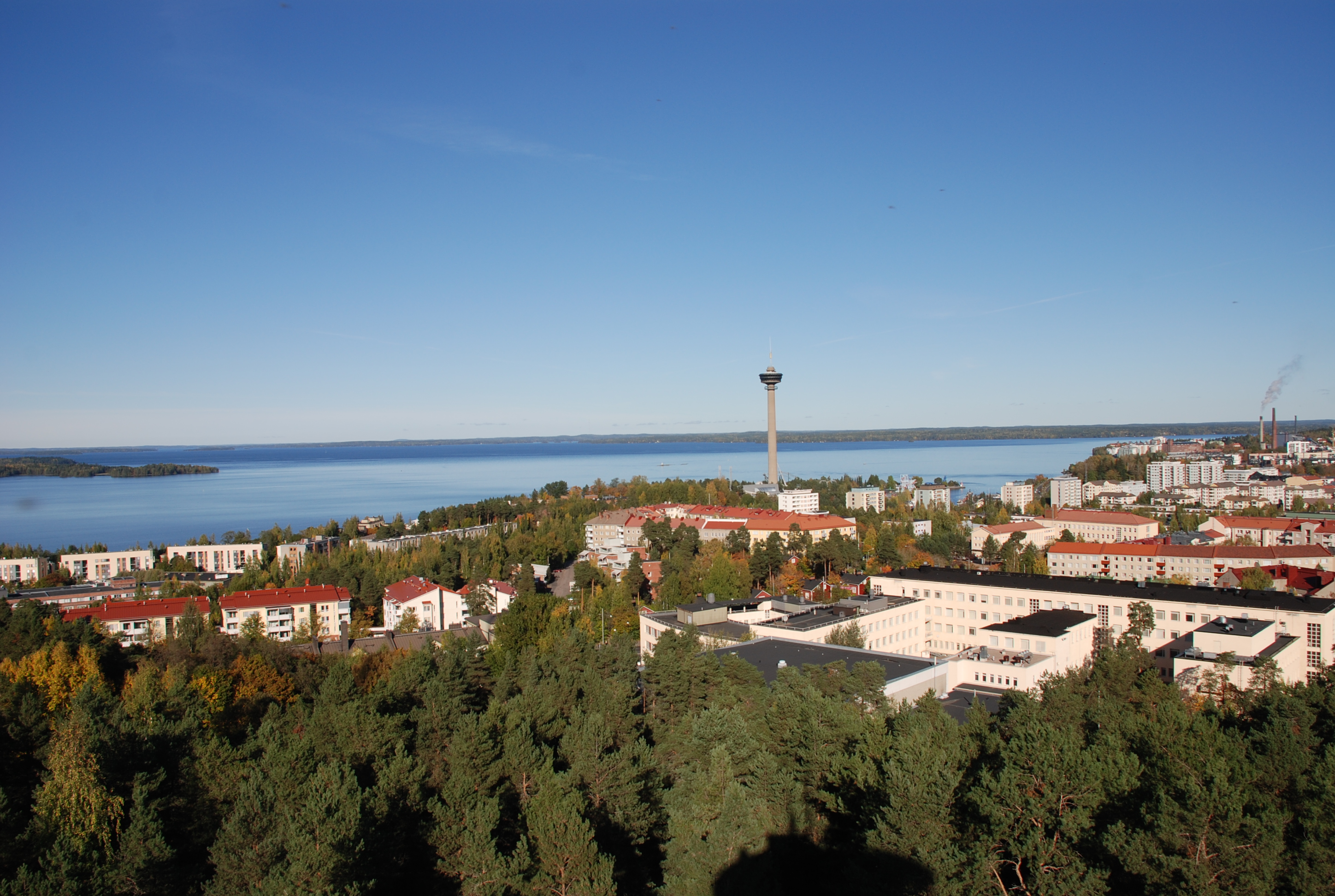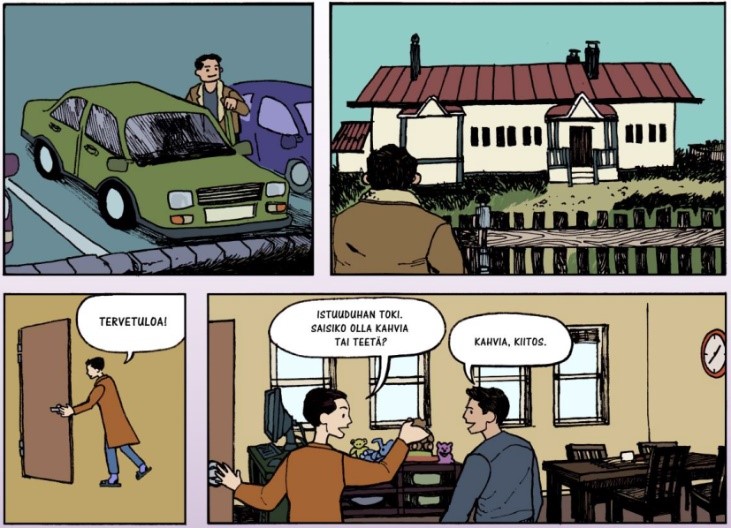Why do we study feminism in Russia?
Over the past 10 years, digital communication technologies have played an important role in supporting Russian feminist activism and bringing feminist ideas to new audiences outside expert and activist circles. Various blogging platforms and social media enabled a dynamic relationship with global and transnational information flows mainstreaming feminist discourses in the 2010s; later-on, towards the 2020s, feminist issues were widely discussed in Russian-language lifestyle and celebrity media. This type of blending of the feminist agenda with a variety of commercial contexts and popular cultural forms is conceptualized by feminist scholars as ‘neoliberal feminism’ and criticized for watering-down the feminist movement’s demands for gender equality (Rottenberg 2018). Today, Russian feminists don’t see the role of commercial and lifestyle media in the same critical vein, as feminism in Russia has to co-exist with an increasingly authoritarian political system, suppression of opposition, and restrictions to freedom of speech. In this situation, commercial- lifestyle- and popular cultural forms of mediated feminism helped the movement survive political oppression and, paradoxically, politicized younger generations, prompting this research inquiry (see, Rossman 2022).
What is FEMCORUS?
FEMCORUS [FEMCORUS] is a 4-year Academy of Finland-funded interdisciplinary and collaborative research project (2021-2025) on mediated feminism(s) in present-day Russia. Reflecting on the above-mentioned developments in Russian society, our aim is to find non-reductionist ways of exploring complex and productive interactions between different forms of media (from TV to social media), feminist discourses, and various audiences. The project draws on an assemblage of theoretical and methodological approaches ranging from digital ethnographies, critical feminist and media studies to cyberfeminism and celebrity studies to find new ways of understanding the cultural and political effects of ever-evolving entanglements between feminism(s), new media, and society. The novelty of this project is that these discourses are placed at the intersection of global circulation of ideas and Russian context-specific sensitivity to neo-conservative gender politics.
The project addresses the urgent need 1) to de-westernise both empirical and theoretical knowledge on globalized variations feminism(s) and 2) to fill the gap in theoretical and methodological approaches employed to contemporary Russian feminism, in particular, the variety of public everyday discourses on feminism; and, finally, 3) to critically rethink the potential of feminism in responding to societal challenges in the contemporary world.
How has the Russian-Ukrainian war affected our work?
FEMCORUS project had been going on for less than six months when Russia launched a full-scale invasion of Ukraine on 24th of February 2022. Since then, researchers in various fields and especially in Russian and Eastern European languages and cultures have had to critically reassess and re-evaluate their work in light of the war. What kind of research is relevant and/or possible in this situation? And importantly, what are the risks involved in empirical research in a rapidly changing security situation? FEMCORUS is now operating within a fundamentally transformed research environment, while it continues to fulfill its original research goals and tasks.
The project’s original research goal of examining the Russian-language media through the lens of feminism, proves to be pertinent even in the current situation of increased precarity. However, in more practical terms, the project has to address at least two major shifts.
Firstly, there is a rapidly changing Russian media environment marked by the ban of major social platforms such as Instagram and FB and an introduction of a more stringent media legislation. In March, Russian government amended the law on ‘fake news´, prohibiting to address Russia’s invasion of Ukraine in any other way than using the official euphemism ‘Special Military Operation’. More recently, in November and December 2022, amendments were made also to the ‘foreign agent’ law, and the LGBTQ propaganda law. Combined, these changes provide the state with practically unlimited legislative tools to target any public expression of political opposition.
Secondly, we are now witnessing a changing agenda within the Russian feminist movement. Russian feminist activists founded Feminist Antiwar Resistance (Feministsokoe antivoennoe soprotivlenie, FAS in Russian) the second day of Russia’s invasion of Ukraine. The movement articulated its core ideas in an anti-war manifesto, which calls all feminists around the world to join the resistance and to turn feminism’s media power into political power (for the full text, see https://jacobin.com/2022/02/russian-feminist-antiwar-resistance-ukraine-putin). In the matter of just days, the manifesto was translated to dozens of different languages and the movement gained support from the international media. This also means that through anti-war activism, feminists are becoming an effective political force, which is crucial in the absence of any other strong political opposition in Russia. Previously, Russian feminist activism mainly focused on the issues of gendered violence, including re-criminalization of domestic violence in Russia. Their network of horizontal initiatives formed during preceding years now works in their favor enabling access to a broad audience and a more coordinated efforts as compared with the other civic initiatives (see, Rossman, Rodina). One of the recent examples is the petition of FAS alongside the Soldiers’ Mothers group compiled in time of Mothers’ Day celebration in Russia in November 2022.
On the other hand, prominent media celebrities who had been engaging with the global feminist discourses (such as sexual harassment, body positivity, ‘girlboss’ feminism), had to reinvent their self-presentation strategies on different platforms, such as Telegram and Vkontakte (VK is an analogue of FB) that are still available in Russia, secure new ads revenues and tackle stricter media rules (on acceptable imagery, terminology at the time of war, etc.), which is potentially leading to an increased de-politization of Russian celebrity feminism.
As a response to these dramatic changes, FEMCORUS investigates both celebrity and FAS feminists’ media strategies, as well as forms and consequences of mediated feminist protest during the wartime. Moreover, as both feminist scholars and activists from Russia are in danger of being detained and persecuted under the war censorship law, the research team is collaborating with displaced scholars from the region with the view of maintaining support and knowledge exchange networks. One of these informal initiatives is problematizing the ethics of research of the precarious groups and displaced communities (e.g., access to the respondent, storage of the data, etc.).
How do we communicate with the public?
The project also reaches out to a wider public via a set of more formal events. The seminar series organized by FEMCORUS for the fall semester 2022 (http://femcorus.org/tpost/6lgtjscti1-an-online-launch-of-the-femcorus-seminar) considered the significance and urgency for remapping feminist politics and feminist media practices in light of Russia’s invasion of Ukraine. The first seminar focused on digital feminism and its potential to create new revolutionary ways of using online spaces and inform new conceptual frameworks (October 2022); in the second one Dinara Yangeldina from Bergen University explored the issues of intersectionality and race in Russian popular culture (November 2022) and the third seminar with Laura Savolainen (University of Helsinki) as a guest speaker looked into filtering feminism, algorithms and online affects (December 2022).
The project also actively engages with the feminist’s anti-war solidarity events such as the one held online on the 10th of March 2022 led by renowned post-Soviet gender scholar Anna Temkina [http://femcorus.org/tpost/cf903mdpz1-feministskaya-solidarnost-10-marta]. It effectively builds a network of scholars and activists to form a wider understanding on feminism in Russia and Eastern Europe as evident from the upcoming events such as the one jointly organized with the UCL (London, UK) titled ‘Digital Transformations of Feminisms in Russia and Eastern Europe’ [http://femcorus.org/tpost/sbu6410v31-digital-transformations-of-feminisms-in] scheduled for January 2023.
The project’s mid-term symposium to be held 11-12 of May 2023 will broaden the scope of discussions. A great number of highly topical submissions dealing with a variety of case studies from around the world starting with Ukraine, Russia, Iran, Turkey, Italy, Spain and other part of Western Europe and Latin America confirm the timely nature and scope of the project. Under the umbrella of FEMCORUS’ symposium, they have a great potential to revolutionize the field of feminist, culture, media and area studies. So, during this academic year, FEMCORUS is focusing on building networks, working with scholars at risk and involving promising junior colleagues in the growing feminist scholar’s community. The events are a way to build up a set of non/academic outputs, which will be the focus of the remaining two years of the project.
Rossman, Ella. 2022. Boevoe sestrinstvo. O razvitii zhenskogo antivoennogo dvizheniia, or Pervoi mirovoi do nashikh den’. Kholod media 22 Oct. 2022. https://holod.media/2022/10/22/rossman-zhenshini-antiwar/
Rottenberg, Catherine. 2018. The Rise of Neoliberal Feminism. Oxford University Press.




